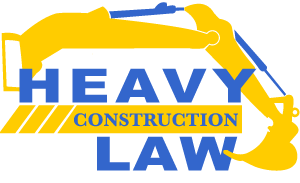Ever had buyer’s remorse or second-guessed a decision? When the U.S. Army Corps of Engineers did that, a Contractor won its claim for time and money.
On a flood control project near Nogales, Arizona, severe flooding delayed and impacted the Project. Thereafter, the Government and Contractor both signed modifications for other changes. Subsequently, the Government internally circulated a draft Mod pertaining to flood-related delays and impacts. Even later, the Government invited and the Contractor submitted an REA for several claim items, including an item for flood-related events. The Government internally considered the REA, but never rendered a decision. (The only failure is not deciding. – Gen. George S. Patton)
When the Contractor appealed to the Court of Federal Claims, the Government argued that the bilateral mods included release language broad enough to be an accord and satisfaction of the flood-related events.
The affirmative defense of accord and satisfaction requires four elements: (1) proper subject matter, (2) competent parties, (3) a meeting of the minds of the parties, and (4) consideration.
The Court held the proper subject matter element was not met when the signed mods were for changes unrelated to the flood. More interestingly, the Court also held the parties did not come to a meeting of the minds (i.e., the parties did not share the same understanding or belief) because after both parties signed the modifications with the release language, the Government continued to consider the Contractor’s flood-related claim item by: (1) internally circulating a draft modification for the flood-related events and (2) requesting and internally considering the Contractor’s REA.
Perhaps the most bothersome fact about all of this is that the Contractor would not have learned about the Government’s continued consideration of its claim for flood-related events had the Contractor given up the fight.
Meridian Engineering Company v. U.S., Court of Federal Claims, No. 11-492C (Sept. 23, 2019).
Roads & Bridges | All According to Plan
ALL ACCORDING TO PLAN | Exact Measurements Go a Long Way
In December 2013, a contractor agreed to replace four bridges for the […]
Roads & Bridges | Connecting the Dots
CONNECTING THE DOTS | Showing Causation in Contracting Cases is Critical
In this asphalt case, the prime contractor agreed to perform a $13 […]
Roads & Bridges | Liquidated Damages
LIQUIDATED DAMAGES | Penalties and What is Unenforceable
Liquidated damages typically flow from delays, but they are not always solidly enforced.
In June 2017, […]
Roads& Bridges | Warranty Provisions
WARRANTY PROVISIONS | Contracts must be interpreted thoroughly to avoid absurd results
You are responsible for things within your control. Be careful if […]
Roads& Bridges | The Agreed Price
THE AGREED PRICE | This case stands as a warning about pay-if-paid clause
History cannot be rewritten and a bad, but legal, […]
Roads& Bridges | Confusing Waters
CONFUSING WATERS | A Supreme Court ruling leaves room for ambiguity
What happens when there may be a “significant nexus” between “adjacent” and/or […]
Roads & Bridges | Authority Defined
AUTHORITY DEFINED | The Law of Agency is Important to Understand
For any project, this Russian proverb is helpful: Doveryay, no proveryay – […]
Jurisdiction is Power
Not bad power, but the ability of a decision-maker (e.g., court) to decide which side is right (or which is more correct). […]
Roads & Bridges | Defining Labor
DEFINING LABOR | How the Miller Act continues to shape the industry
In the late 1700s, risks of nonpayment caused a shortage of […]

Jonathan J. Straw
Blog Author
Contact Jonathan
Partner | KraftsonCaudle.com
Download Jon’s Bio











